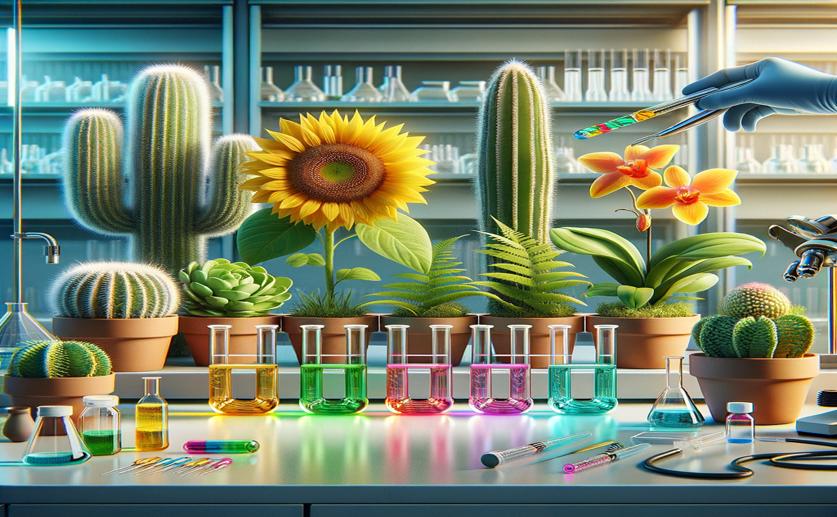
Versatile DNA Extraction from Various Plants Using Innovative Liquid Methods
Greg Howard
15th June, 2024

Image Source: Natural Science News, 2024
Key Findings
- Iowa State University developed a new method to simplify and speed up DNA extraction from plant tissues
- The method uses ionic liquids to extract DNA in just 15 minutes, reducing the risk of cross-contamination
- This new approach is effective for various plant species and can be used for on-field GMO testing and plant pathogen diagnostics
References
Main Study
1) Versatile DNA extraction from diverse plant taxa using ionic liquids and magnetic ionic liquids: a methodological breakthrough for enhanced sample utility
Published 14th June, 2024
https://doi.org/10.1186/s13007-024-01217-z
Related Studies
2) Direct extraction of genomic DNA from maize with aqueous ionic liquid buffer systems for applications in genetically modified organisms analysis.
3) One simple DNA extraction device and its combination with modified visual loop-mediated isothermal amplification for rapid on-field detection of genetically modified organisms.
4) The Potential Use of Isothermal Amplification Assays for In-Field Diagnostics of Plant Pathogens.



 9th June, 2024 | Jim Crocker
9th June, 2024 | Jim Crocker